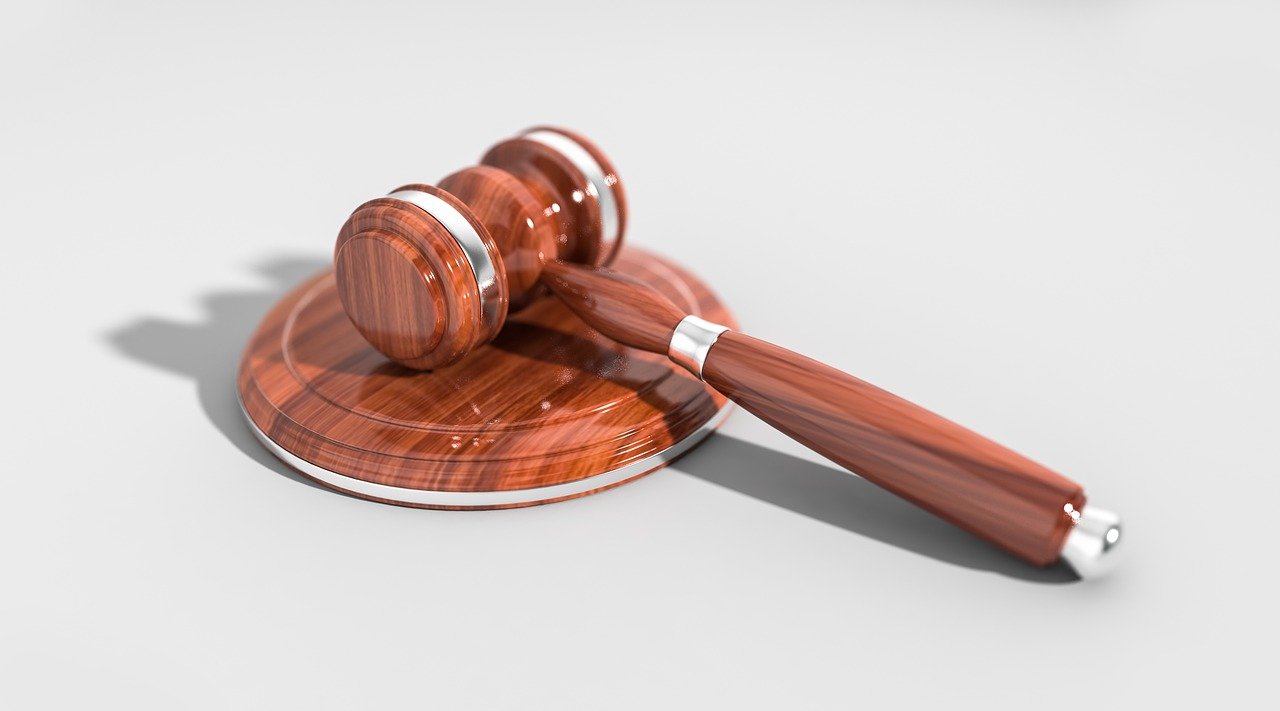Pennsylvania’s Whistleblower Law (“PWL”) provides protection to employees who “blow the whistle” on misconduct that affects public funds or violates state or federal law. When businesses violate these laws, the penalties can be severe and may even threaten the existence of the business. Alternatively, businesses who take vigorous and proactive steps can minimize their whistleblower exposure, while simultaneously ensuring that employees who voice their concerns are effectively heard.
How Pennsylvania Whistleblower Law Affects Your Business
The PWL states, among other things, that no employer may discharge, threaten or otherwise discriminate or retaliate against an employee because the employee makes a good faith report, or is about to report, to the employer or appropriate authority, an instance of wrongdoing or waste by a public body. “Wrongdoing” includes a substantial violation of federal or state law or a code of conduct or ethics designed to protect the interest of the public. “Waste” means acts by a business resulting in substantial abuse, misuse, destruction, or loss of funds or resources belonging to the state or political subdivisions. In 2014, the Pennsylvania Legislature amended and expanded the PWL to include protection for employees of any companies that are performing services for public bodies with public monies.
What Happens When a Business Violates Pennsylvania Whistleblower Law?
When a business violates the PWL, the aggrieved employee may bring suit in state court and seek significant remedies, including reinstatement, back pay, fringe benefits, seniority rights, compensatory damages, attorney’s fees, and costs of suit. Perhaps most importantly, the business can be liable for up to a $10,000 civil fine and may be suspended from public service for up to seven (7) years.
To avoid whistleblower liability, a business should do the following:
- Implement vigorous and comprehensive anti-retaliation policies. Such policies should encourage proactive reporting by every employee and should make clear that the employer will protect those who come forward.
- Promote proactive compliance with the PWL by implementing early-warning systems that are available to all employees. Such systems can help employers stay ahead of potential whistleblower actions while protecting against potential fraud against both the government and potential acts of retaliation.
- Hold managers and supervisors accountable for their responses to employees’ concerns, such as reports of potential legal violations and potential retaliation, by including anti-retaliation measures in management performance standards and reviews and designating retaliation as punishable misconduct that is not subject to ordinary progressive-discipline schemes.
- Where the reported conduct is severe or involves high-level management, employers should consult with experienced outside counsel and consider whether to order a formal outside investigation.
Avoid Severe Legal Liability from a Whistleblower with MBM Law
If your business receives any money from a public body to perform work, the business is subjected to the strict penalty provisions of the PWL – should your employee rightfully blow the whistle. In addition to advising your business after a report of misconduct is made, MBM Law’s Human Resources Compliance & Strategic Counseling group can assist your business in preparing and implementing the necessary policies to avoid such severe liability. Contact us today at 412-242-4400 or info@mbm-law.net for further assistance.

John Prorok possesses an invaluable understanding of privately held business owners’ needs in business planning, corporate formation, and transactions. He frequently speaks and counsels emerging and start‐up enterprises, offering insightful legal strategies toward success. John is a highly regarded Human Resources lawyer offering clients tailored solutions. He regularly advises employers on compliance issues regarding employment laws and regulations.

